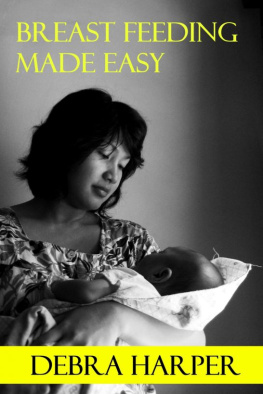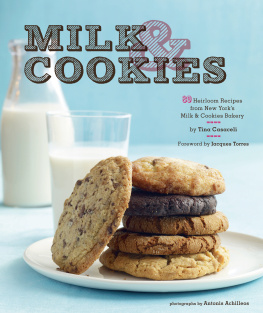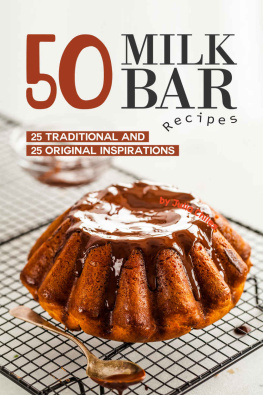INTRODUCTION
When I am at the playground pushing my daughter on a swing and someone asks me what I do, I always reply with the simplest answerIm a dietitian and a lactation consultant. Without fail, each time, the person will open up to me about their breastfeeding journey or that of their partner, daughter, or other loved one. More often than not its filled with more downs than ups and ultimately ends in early weaning. Mothers, fathers, grandparents, aunts, and uncles all share with me the struggles theyve witnessed or experienced and how they wished theyd known where to look for help. Each time I hear these stories, my heart fills with a bit of pain because usually, breastfeeding issues are due to very fixable problems. Many times breastfeeding wasnt successful due to the wrong advice from the wrong person. When the mother needed support the most, there was no real support system in place to make her breastfeeding journey successful or even possible. This book seeks to change that.
On the simplest level, breast milk is food. And food is more complex than the sensory experience we have when we eat it or the nutrients we receive from it. It is essential to every component of our lives. Food dictates our physical, social, and mental health; it evokes strong emotional ties to our family, friends, culture, and subculture. Without it, life ceases to exist. The words lactationand breastfeedingare triggers for many people, and so, without even realizing it, most people breeze past the fact that Im also a dietitian. I believe that breast milk elicits such a deep response from so many because its the only food that a human makes organically. Its part of what defines us as mammals and links us to every other animal on the planet who nurses her young. Breast milk is the very first food that a human ever tastes, our very first experience with food. The act of breastfeeding teaches our bodies how to move, grow, and thrive. It builds bonds and strengthens us. It prepares us for life.
Breastfeeding is the biological norm for infant feeding. However, many people believe that, because breastfeeding is a normal and natural extension of pregnancy and the experience of having an infant, everything will just flow perfectly. When it doesnt, they might not know where to turn. For most mothers, all around the world and since the beginning of humankind, nursing has followed a predictable, easy pattern. For the majority of human existence, nearly all members of a society were nursed and witnessed nursing their whole lives. Challenges that arose with breastfeeding were typically quickly overcome because of the wisdom of the greater society. There was always a mother, grandmother, or friend who knew the answer. Breastfeeding was as much of a life skill passed down from generation to generation as any other form of hunting, gathering, or finding nourishment. Our world has since changed. Now, in Western societies, whole generations of families have gone without breastfeeding, and many people have never seen a child nursing. The collective wisdom of communities has been replaced with misinformation and well-meaning, yet often incorrect, advice.
I myself cant recall a time in my childhood when I ever saw a woman nurse her childalthough I can recall an infinite number of times I saw a child being bottle-fed formula. My daughter was the first child in over four generations of my family to be exclusively breastfed, but it wasnt easy. At the time she was born, I was finishing up my masters thesis on the sociocultural barriers to breastfeeding in the African American community and was preparing to sit for my dietetic certification as well as my board examination to become an International Board Certified Lactation Consultant. I had all the resources I needed and more to nurse my daughter, but it still wasnt without its moments of great difficulty. At first, I found myself struggling with sore, cracked, bleeding nipples. During the first year of my nursing journey, I had oversupply and severe engorgement, which made it difficult to breathe lying down and to consistently maintain a good latch. Then I went from having an oversupply that had allowed me to not only nurse my daughter but







